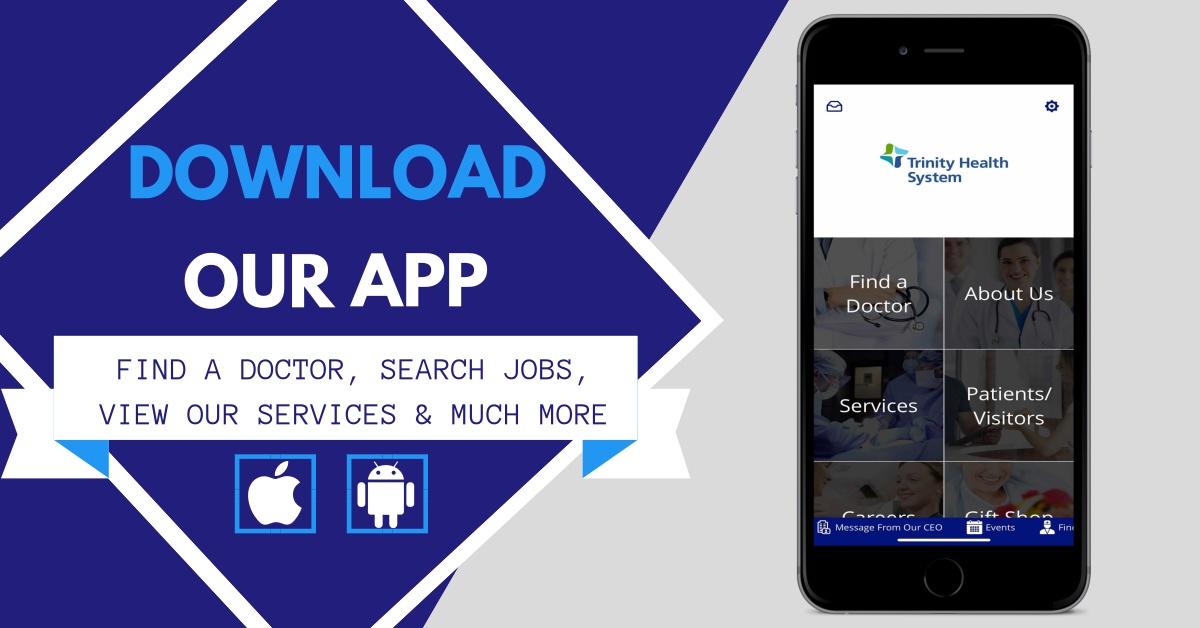Heart disease is the nation’s number one killer of people over the age of 45. Knowing the main risk factors for heart disease can help you take extra precautions.
Want to help your parent stop smoking? Download this FREE guide!
Our HEART RISK ASSESSMENT can help you learn more about your own heart risk factors. Simply click on the link for the form. Fill it out online to learn more about how specific things affect the risk of heart disease. When you’re done, you may want to print it out and share it with your doctor. Any information you enter will NOT be saved once you close the window. This is to protect your privacy. When you’re done, simply close the form window, and continue reading.
Several factors increase the risk of developing heart disease. The more risk factors you have, the greater chance you have of developing problems, according to the National Heart, Lung and Blood Institute. Age makes a difference. According to the American Heart Association, other risk factors include:
- Family history
- High blood pressure
- High cholesterol
- Smoking
- Diabetes
- Obesity
Not all of these risk factors can be controlled, but we all should improve the things we CAN change to reduce our risk of heart disease. Remember, having even one of the risk factors can put you at an increased risk of heart disease. It’s essential that you talk with your doctor about reducing your risk.
Age:
As you get older, your risk of heart disease increases. NHLBI says risk increases for men older than 45 years and for women older than 55 years. A woman’s risk also increases after menopause. Although you can’t change your age, there are other risk factors that can be controlled.
Family history:
If someone in your family has had a heart attack or stroke or been diagnosed with atherosclerosis, AHA says you are at an increased risk of heart disease. In atherosclerosis, fatty deposits accumulate in and on the lining of the walls of your arteries. These deposits impair the flow of blood. Untreated, the deposits can continue to build until a complete blockage occurs. If this happens in a coronary artery, a heart attack results.
High blood pressure:
High blood pressure or hypertension is an important risk factor in the development of heart disease. The National Heart, Lung, and Blood Institute says that over time, high blood pressure damages the blood vessels of the body. The effects are multiplied if there is also a build-up of fatty deposits and plaque. All this forces the heart to work harder to pump the blood.
Millions of Americans have high blood pressure but don’t know it because the disease often has no symptoms. But because high blood pressure can cause so many complications, it’s essential to bring it under control through diet, exercise and, if necessary, medication. Ask your doctor or healthcare professional about screenings for high blood pressure.
High cholesterol:
Excess cholesterol causes plaque to build up on the walls of your arteries. AHA says this reduces blood flow, so the heart has to work harder. But not all cholesterol is bad. High-density lipoprotein is the so-called “good” cholesterol. Low-density lipoprotein (LDL) is the undesirable cholesterol. LDL cholesterol is the one that causes build-up in the blood vessels.
In general, to control your LDL levels, AHA recommends that you should limit the amount of fat in your diet to no more than thirty percent of your total daily calories or even lower. You should also cut back on saturated fats. Those are the ones that come from animal sources, like butter, cream, poultry skin and fats in meat. Sometimes, however, heredity leads to high cholesterol and in these cases, medication may be needed as well.
Ask your doctor about having your cholesterol checked. If you have one or more risk factors for heart disease, he or she may recommend a program that includes regular cholesterol screenings.
Smoking:
The U.S. Centers for Disease Control and Prevention say studies indicate that cigarette smokers have more than double the risk of having a heart attack that non-smokers do. If you don’t smoke, the best advice is this – don’t start. If you do smoke, remember that the heavier you smoke and the longer you’ve been at it, the higher your risk can be. Look into stop-smoking programs at the American Cancer Society, the American Lung Association or your local hospital. Once you quit smoking, studies show your risk eventually goes back down to the level of someone who never smoked.
Diabetes:
Diabetes affects the body’s ability to control blood sugar. The American Diabetes Association says that high blood sugar levels can be accompanied by higher fat levels. High blood sugar levels can also lead to blood vessel problems. Strict management of blood sugar levels is essential for diabetics to reduce their risk of heart disease.
Obesity:
If you weigh more than 20 percent above your ideal weight, the American Medical Association says you increase your chances of developing heart disease and other medical problems. You can also use a measurement called body mass index (BMI) to help determine your risk. Ask your doctor about weight reduction through proper diet and exercise. The best way to lose weight is slowly. A weight loss of 1 to 2 pounds a week is doable and will help you keep off the weight. It also will give you the time to make new, healthy lifestyle changes. You need to focus on energy IN (calories from food and drinks) and energy OUT (physical activity), follow a healthy eating plan, learn how to adopt more healthful lifestyle habits. Over time, these changes will become part of your everyday life.
Other:
Recently studies have suggested that elevated levels of what is called C-reactive protein may be an indication of potential heart disease. AHA says that CRP levels increase when the blood vessels are inflamed. Some studies indicate that inflammation of the blood vessels may play an important role in atherosclerosis. Some studies also show that elevated levels of homocysteine are an indication of greater heart disease risk


